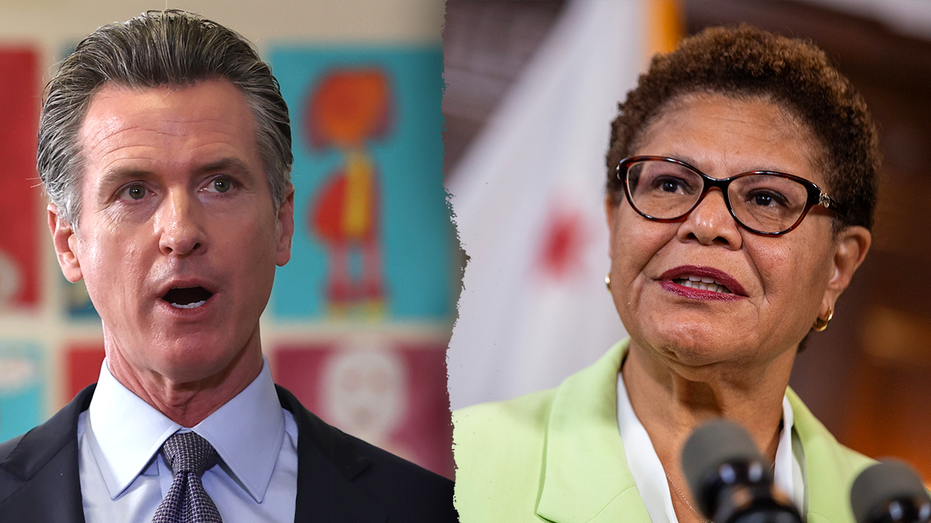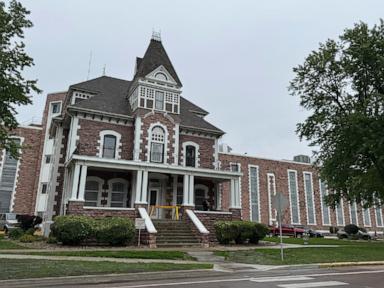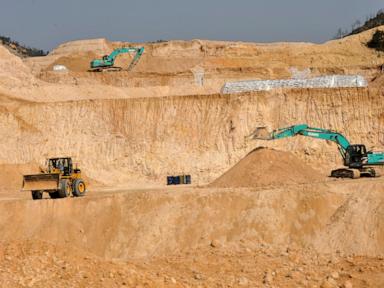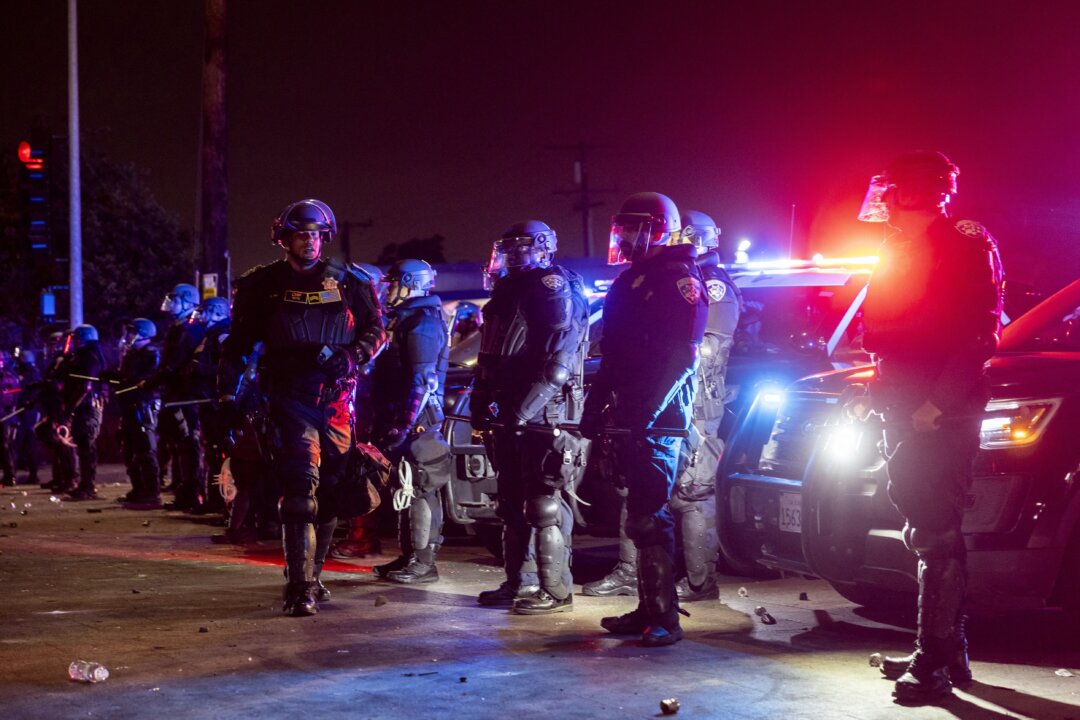President Donald Trump just revoked California's permission to enforce its nation-leading clean-car rules — and Mary Nichols understands why.
"No one likes being regulated," she told me ahead of Thursday's Oval Office signing ceremony.
Nichols knows that better than almost anyone. As head of California's Air Resources Board for 17 years, she brought the world's biggest automakers to heel using the state's unique authority to go further than the federal government in setting vehicle emissions standards.
It's those same automakers who lobbied Trump to "rescue the U.S. auto industry from destruction by terminating California's electric vehicle mandate once and for all," as Trump put it Thursday.
It didn't have to get to this point. California officials had been in talks with automakers prior to the November election about how to keep them on board, but the state overplayed its hand, Nichols said.
"Many people were acting on the assumption that it was going to be the Democrats continuing in power," she said. "So the state felt like they had all the cards in their hand, and then after the election, it was pretty hard to reset the conversation."
To hear Nichols tell it, California may have gone too far this time in nudging the industry to ever-higher sales of zero-emission vehicles. The rules would have required automakers to hit increasing percentages — 35 percent by model year 2026 and 68 percent by model year 2030 — before reaching 100 percent of new-car sales in 2035.
Maybe that would have worked if it were just about California. But a dozen other states are signed on to California's targets, and they have been slower and less generous with incentives and EV charging infrastructure. Where California has more than a quarter of its new car sales coming from EVs, New Jersey is at 15 percent, and New York is under 12 percent, according to the industry's latest figures.
"They were definitely having issues with the California program because they didn't think they could meet the sales numbers in the mandate, especially [Gov. Gavin] Newsom's target of nothing but ZEVs with a deadline attached to it," Nichols said. "That was scary, and even the interim targets were going to be hard to meet."
The pendulum has swung against California before: The George W. Bush administration was the first to attempt to deny California's permission from the U.S. Environmental Protection Agency to require automakers to sell increasing percentages of zero-emission vehicles, and Trump went further in his first term by attempting to revoke the state's already-issued authority.
But Republicans had never resorted to doing it through Congress, via an untested maneuver that congressional watchdogs have warned is likely illegal but that still drew 35 Democratic votes in the House and one in the Senate (Sen. Elissa Slotkin (D-Mich.), in the tradition of Detroit's John Dingell).
It's a far cry from the bipartisan consensus that reigned when President Richard Nixon famously signed the Clean Air Act, which set federal air pollution levels for the first time but gave California permission to continue going further, owing to its decade-plus of vehicle emissions rules aimed at the smoggy Los Angeles basin.
The automakers have been steadily lobbying against the rules since then, with a brief ceasefire from 2009-16, when ten automakers and the United Auto Workers signed a nonaggression pact in President Barack Obama's Rose Garden with California Gov. Arnold Schwarzenegger and the EPA.
That it happened at the same time that the federal government was taking an equity stake in General Motors was no coincidence, said Nichols, who helped broker the pact. "They saved them from bankruptcy," she said.
California has less recourse this time around. Where Newsom signed deals in 2019 with Ford, Volkswagen, Honda, BMW and Volvo to abide by the state's rules even in the event of federal cancellation, he now only has Stellantis, which signed a separate agreement last year that goes through model year 2030.
And several of the state’s allies are peeling off. California had 12 other states signed on to follow its lead as of last year, but it now has 10, after Republican-led Virginia dropped out and Vermont delayed enforcement by 19 months. And Democrats are getting cold feet, too: Maryland Gov. Wes Moore signed an executive order in April delaying enforcement, and Democratic lawmakers in New York introduced a bill this year to delay their participation by two years. (California and the other 10 states immediately sued Thursday to preserve the emissions standards.)
"If it was only California, I think [automakers] wouldn't have been as eager to jump in on the federal level and work with the Republicans, but it's the fact it's the other states that had the California standards that were killing them, especially New York," Nichols said.
That echoes the automakers' argument. "The problem really isn’t California," John Bozzella, CEO of the Alliance for Automotive Innovation, said in a statement after the Senate's vote last month to overturn the rules. "It’s the 11 states that adopted California’s rules without the same level of readiness for EV sales requirements of this magnitude."
.png)














 English (US)
English (US)